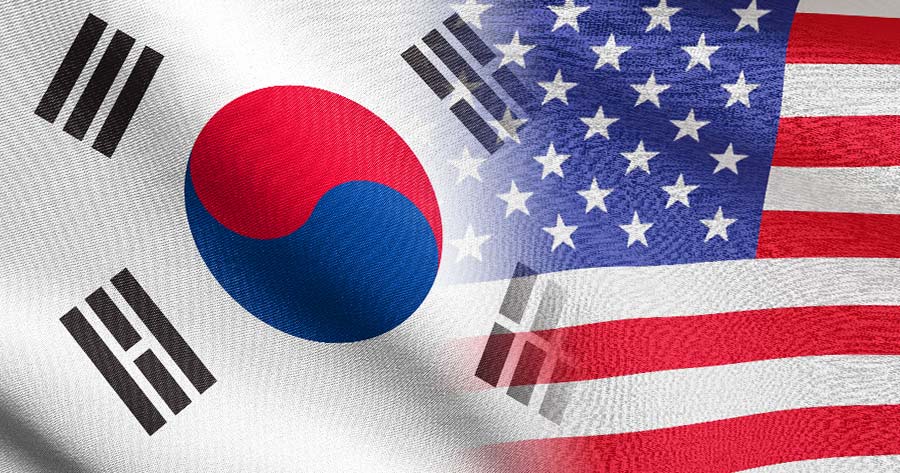According to South Korea’s acting president on Friday, the country plans to conduct a thorough examination of non-tariff barriers and other potential vulnerabilities in response to the U.S.’s proposed reciprocal tariffs.
U.S. President Donald Trump had directed his economic advisors on Thursday to formulate strategies for implementing reciprocal tariffs on nations that impose taxes on American imports, potentially affecting countries like South Korea, China, Japan, and the European Union.
According to Choi Sang-mok, the finance minister currently serving as acting president of South Korea, the impact of these reciprocal tariff measures might be limited for the nation because of the low tariff rates established under the Korea-U.S. Free Trade Agreement.
However, Choi noted the importance of monitoring the situation, as the U.S. intends to evaluate other barriers, such as value-added and digital service taxes.
Within the group of the top 15 trading partners with the U.S., South Korea historically had the second-highest tariff rates, trailing only India. However, the majority of these tariffs were abolished following the implementation of the free trade agreement initially established in 2007 and subsequently amended in 2018 during Trump’s administration.
This agreement could potentially reduce South Korea’s risk concerning Trump’s proposed reciprocal tariffs, said economists. Notably, the KOSPI index climbed over 3% this week, reaching its highest since late October.
Huh Jae-hwan, an economist at Eugene Investment Securities, commented that South Korea might not be at the forefront of Trump’s reciprocal tariff agenda, given the absence of tariffs on most U.S. imports, except for items like rice.
Meanwhile, an official from South Korea’s customs agency noted that there are minimal, if any, obstacles impeding the trade of goods with the United States. In fact, imports from the U.S. often receive favorable treatment under the existing trade agreement.
However, beyond tariffs, factors such as taxes, subsidies, foreign exchange rates, and unfair practices may be scrutinized under Trump’s reciprocal tariff strategy, according to South Korea’s trade ministry.
Choi mentioned that the government aims to address the U.S. tariff plan by pinpointing American interests and preparing informational materials on South Korean non-tariff barriers for discussion with the Trump administration.
As of 2024, South Korea’s average tariff rate on U.S. imports was 0.79%, and it is projected to decrease further, with manufactured goods facing no duties, according to a separate finance ministry statement.





